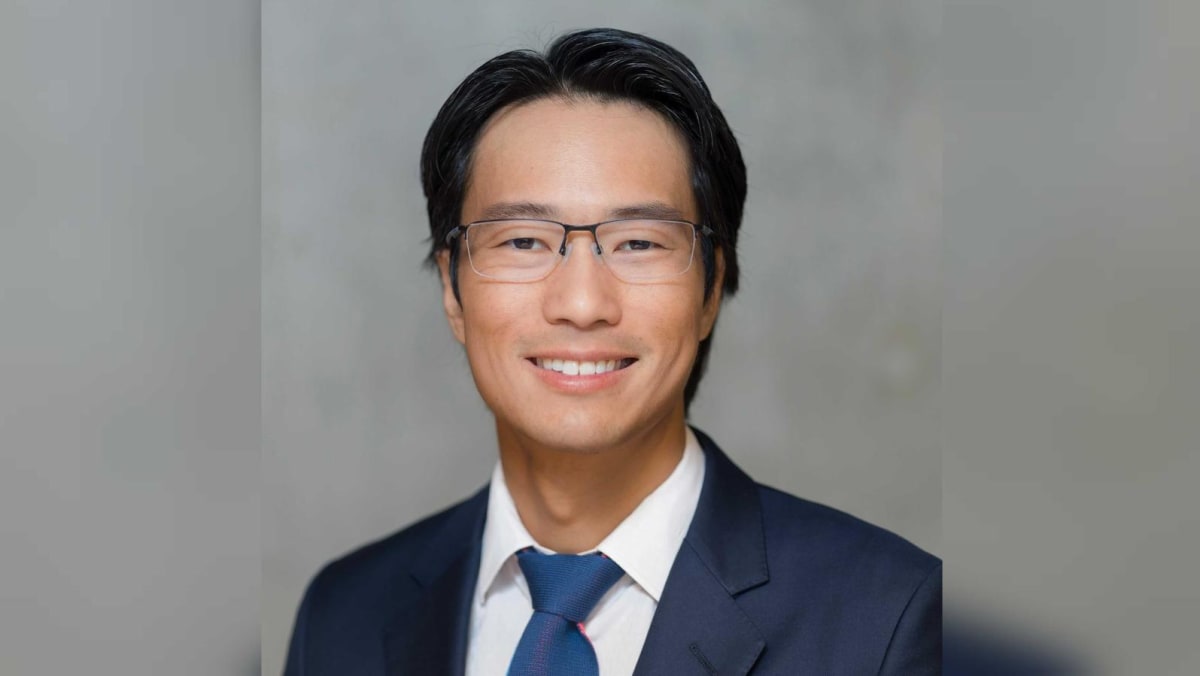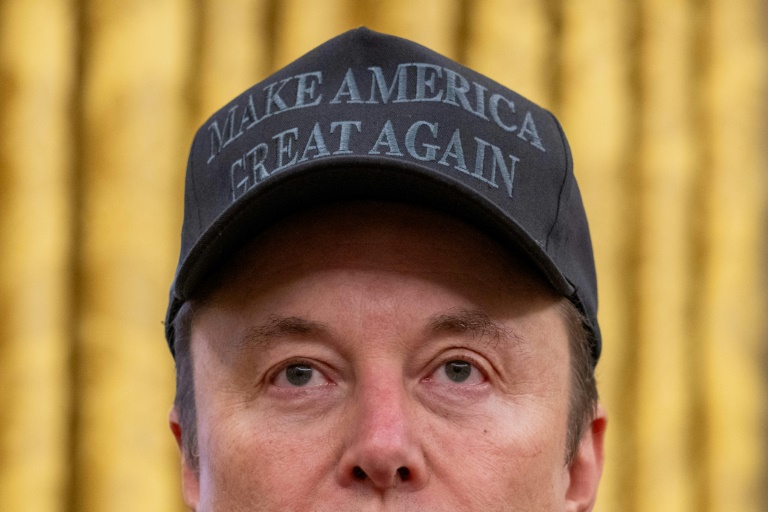The scheme involved arranging a golf game between Trump and Razak, during which the prime minister would personally request the case be dropped for geostrategic security concerns. The golf game never happened, so Broidy went deeper, pushing the case as a “foreign policy win” in meetings with Trump officials, according to testimony given in Michel’s trial.
Simultaneously, as the FBI testified, Low was trying to curry favor with Beijing by targeting Guo Wengui, a Chinese dissident criticizing the Communist Party from US soil. Low’s network—Michel, Davis, Broidy, and Wynn—relentlessly lobbied Trump’s circle to deport Guo. The FBI said Broidy even called the president directly from Wynn’s yacht to discuss it and Wynn personally pitched Trump on the idea.
Driving much of the aggressive maneuvering was a Chinese security official named Sun Lijun, who, according to FBI testimony, was overseeing Low as an intelligence asset. He accidentally revealed China’s illegal influence campaign during a New York hotel meeting, alerting US investigators.
After a dinner with Wynn, Trump brought a stack of papers about Guo into the Oval Office—including a copy of an Interpol red notice for Guo that could only have come from the Chinese government—to discuss with his team. It was only thanks to Matthew Pottinger, Trump’s deputy national security adviser, that nothing came of it. He immediately told the president that this was a request for the Department of Justice, not the executive branch, according to court testimony in Michel’s trial, including Pottinger’s.
“The agenda actually landed on Trump’s desk,” Harry Lidsky, a special agent from the Department of Justice’s Office of the Inspector General who investigated Michel, told me. “That shows how savvy Low was at using money to leverage greed. He got to the top, but Trump and his advisers refused to take the bait.”
By 2018, the whole operation was unraveling. Michel was indicted in 2019 for engaging in an illegal foreign influence scheme. Davis agreed to plead guilty before trying to recant, but ultimately was sentenced to two years in prison. Broidy pleaded guilty in 2020 to lobbying the Trump administration on behalf of foreign interests, but was pardoned by Trump. Wynn was sued by the DOJ, which tried to compel him to register as a foreign agent, but the case was dismissed.
In September 2022, a Chinese court sentenced Lijun to death with a two-year reprieve for accepting over 646 million yuan in bribes, manipulating the stock market, and illegal possession of firearms. His sentence is expected to be commuted to life imprisonment without parole after two years.
The DOJ’s investigation into Low’s network exposed how vulnerable the system remains. The same gaps he exploited—loose oversight of foreign money, a revolving door between fundraising and policy, and the ease with which influence can be purchased through intermediaries—are still wide open.
Low himself has vanished deeper into China, with many wondering if he’s under protection or house arrest. But he left behind a blueprint for corrupting American democracy—no sophisticated tradecraft required, just cash in the right hands at the right time.
Now, as Trump fully returns to power, as his businesses seek new revenue streams and his inner circle grows more desperate, Low’s playbook sits waiting for its next student. The only question is who will pick it up.







